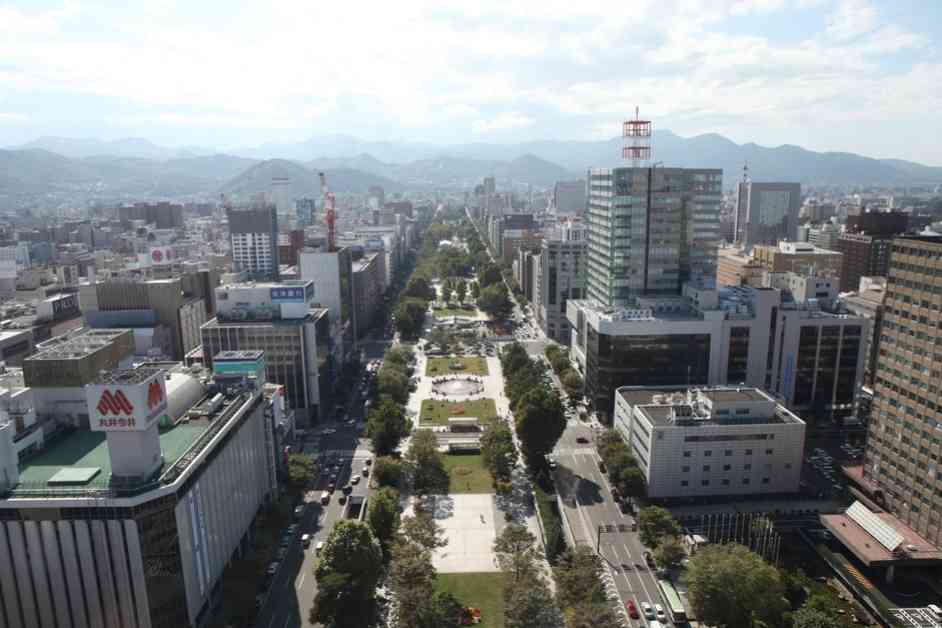**Woman Ordered to Pay Compensation for Shouting “Abe Step Down” and Being Removed by Police**
In a recent ruling by the Supreme Court of Japan, a woman in Sapporo City, Hokkaido, has been ordered to pay compensation for her actions five years ago. The incident occurred when the woman, along with a man, shouted slogans like “Abe Step Down” and “Oppose Tax Increases” at a public speech by former Prime Minister Shinzo Abe. The police present at the scene forcibly removed them, prompting the individuals to file a lawsuit claiming their freedom of expression was violated.
The initial ruling by the Sapporo District Court favored the duo, stating that the police’s actions were unlawful and ordering the Hokkaido government to compensate them. However, upon appeal to the Sapporo High Court, it was determined that while the police’s removal of the man was deemed reasonable, the treatment of the woman was not justified. The court found that there was no evidence to suggest that the woman’s actions were intended to harm Prime Minister Abe, ruling in favor of the compensation amounting to 550,000 Japanese Yen for the woman.
Following further appeals by the man and the Hokkaido government, the Supreme Court rejected their appeals on August 19th. Consequently, the ruling to compensate the woman as decided in the second trial was upheld. The Supreme Court’s First Petty Bench, consisting of five judges, reached a unanimous decision on the matter, although the specific reasoning behind the judgment was not disclosed.
**Reactions to the Ruling**
The ruling has sparked mixed reactions among the public and legal experts. While some view it as a victory for freedom of expression, others believe it sets a dangerous precedent for future demonstrations and protests. Legal scholars have raised concerns about the potential implications of the ruling on the rights of individuals to voice their opinions in public spaces without fear of reprisal.
**Impact on Civil Liberties**
The case has reignited debates about the balance between maintaining public order and protecting civil liberties in Japan. Critics argue that the police’s actions in forcibly removing the individuals stifled their right to free speech and peaceful assembly. They contend that such heavy-handed tactics could dissuade citizens from participating in public discourse and expressing dissenting views.
On the other hand, supporters of the ruling argue that there are limits to freedom of expression, especially when it comes to public demonstrations involving political figures. They maintain that while individuals have the right to voice their opinions, they must do so within the boundaries of the law and without disrupting public order.
**Looking Ahead**
As Japan grapples with the aftermath of this ruling, there is a growing need to revisit the existing laws and regulations governing public demonstrations and protests. The case has underscored the importance of striking a delicate balance between upholding civil liberties and ensuring public safety and order.
Moving forward, it is essential for policymakers, legal experts, and civil society organizations to engage in constructive dialogue to address the challenges posed by this ruling. By fostering a culture of respect for diverse opinions and peaceful dissent, Japan can uphold its democratic values while safeguarding the rights of its citizens to express themselves freely.
In conclusion, the ruling in the case of the woman ordered to pay compensation for shouting “Abe Step Down” highlights the complex interplay between freedom of expression and public order in Japan. It serves as a reminder of the importance of protecting civil liberties while upholding the rule of law in a democratic society.












